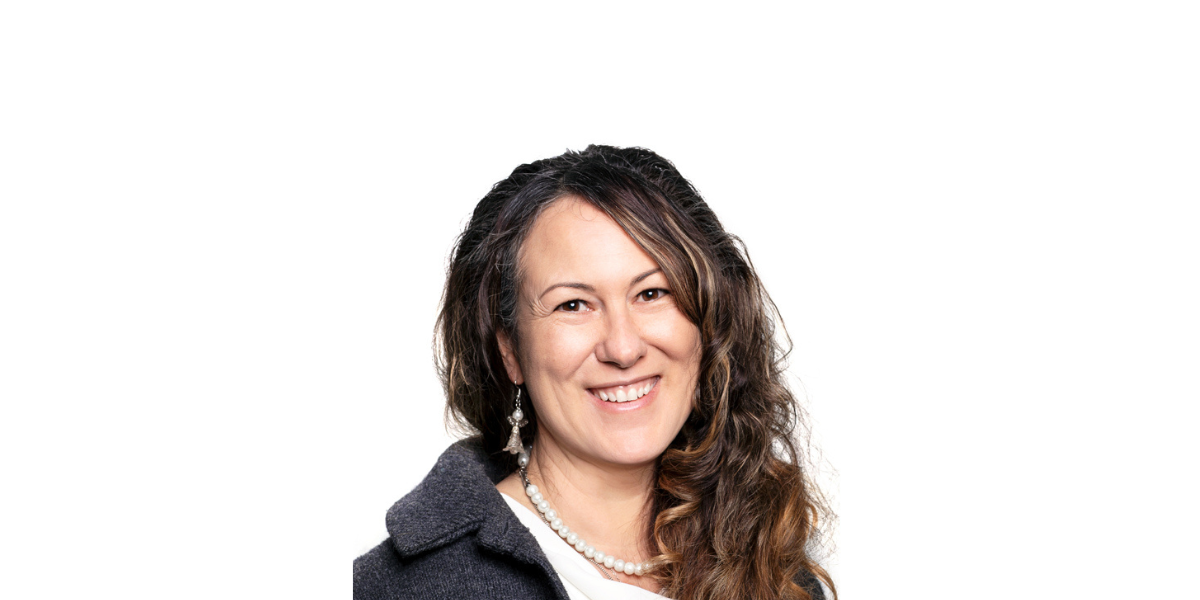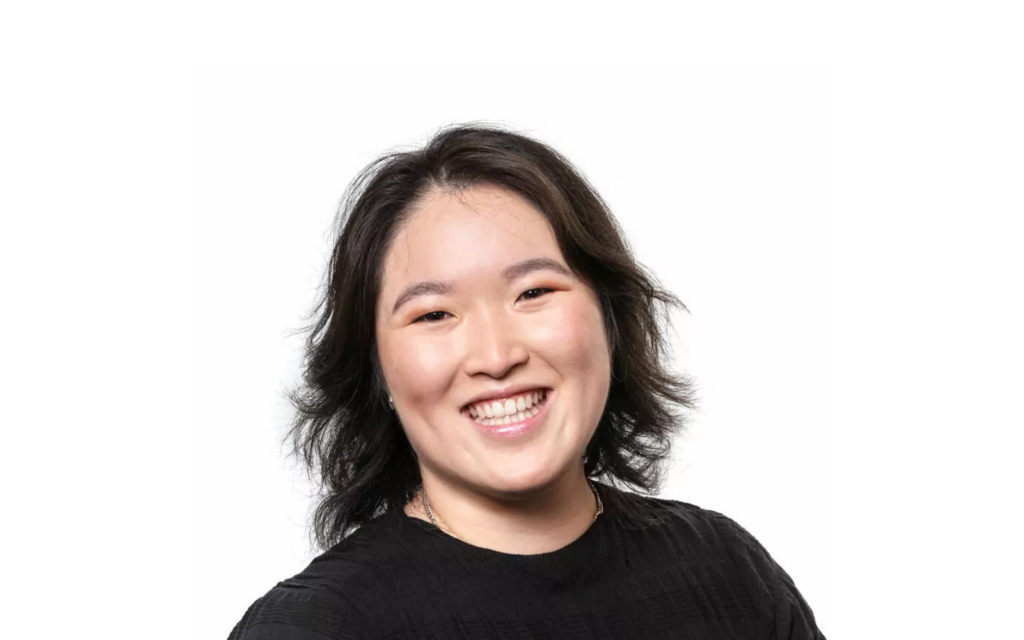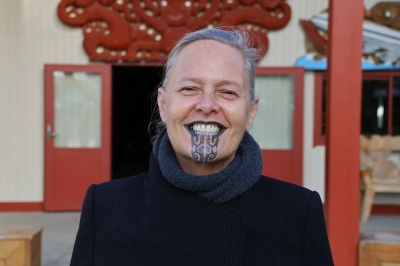Can you tell us about the mahi you’re leading and the impact you’re seeing in your community?
In my mahi as a trainer and educator, the impact isn’t always something you can see. It’s what shifts beneath the surface, the quiet internal work that happens for people during a training, the stuff that doesn’t show up in obvious measurable ways. For me, the heart of this mahi is about helping people reconnect with their own value, not necessarily through theory or degrees per se, but through lived experience.
What do you love most about the mahi?
I love that lived experience work challenges power structures, invites authenticity, and centres lived experience as legitimate expertise. You don’t have to be the loudest at the table to have an impact – sometimes, it’s the quiet presence, grounded in lived experience, that holds the weight of real change without needing to command it. And I think there’s something quietly radical about that. There’s strength in that kind of humility.
What have the challenges been?
Creating and delivering consistent, values-aligned training across eight Emergency Departments and five mental health and addiction clinical services was no small feat – particularly with the scope of Peer Support practice varying significantly between regions. We had to develop content flexible enough to suit diverse systems, yet specific enough to clearly define what peer support is – and isn’t, including its core values, competencies, and ethical boundaries. We trained both clinical staff and peer workers, adapting delivery to real-time workflows: from ten-minute sessions during ED handovers to one, two, and three-hour formats, full-day intensives, educational videos, e-learning modules, and online refreshers. But one of the most persistent challenges was raising awareness around the quiet erosion of peer identity – what we call role drift – where clinical systems, often unintentionally, reshape peer roles to mirror their own structures and norms. Our work has required ongoing advocacy to protect the distinctiveness of peer support – not as a soft add-on to clinical care, but as a standalone discipline with its own integrity.
What’s one whakaaro or piece of advice you’d give to others working in this space who want to create meaningful change?
Don’t wait for perfect conditions, just back yourself 100%, take initiative, do the work, even when it feels uncomfortable or bigger than you. That’s where real impact starts. Too often we talk about change but wait for permission or for someone else to create the conditions for it. Backing yourself is the condition. That’s how you move from theory to action.



